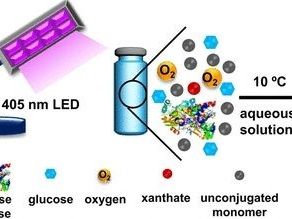Sasol to double production of hard waxes in South Africa
Advertisement
Sasol has approved R558 million for its Sasol Wax operation to complete basic engineering for a project to double its production of hard wax in two phases and for ordering long-lead items for the first phase of this expansion.
Sasol Wax has production facilities in South Africa, North America, and Europe. The synthetic waxes, which are manufactured via Sasol’s proprietary technology in South Africa, are used in a wide variety of specialised applications including hot-melt adhesives, polymers, inks and high performance bitumen modifiers.
“Once fully approved, the project will be implemented in phases in line with the projected growth in key markets for hard wax. We are pre-ordering equipment such as the synthesis reactor that has very long delivery times”, says the MD of Sasol Wax, Johan du Preez. “This will ensure the fastest possible implementation time of the first phase of this project.”
Construction of the first phase is expected to be completed in 2011. The second phase is expected to be in full operation in 2013. The project will also result in increased production of medium waxes, mostly used for the candle industry in Southern Africa, as well as liquid paraffins used in a variety of industrial applications. Total production of all products from the Sasolburg site near Johannesburg will increase by over 50%.
Other news from the department research and development
Most read news
More news from our other portals
See the theme worlds for related content
Topic world Synthesis
Chemical synthesis is at the heart of modern chemistry and enables the targeted production of molecules with specific properties. By combining starting materials in defined reaction conditions, chemists can create a wide range of compounds, from simple molecules to complex active ingredients.

Topic world Synthesis
Chemical synthesis is at the heart of modern chemistry and enables the targeted production of molecules with specific properties. By combining starting materials in defined reaction conditions, chemists can create a wide range of compounds, from simple molecules to complex active ingredients.
































































